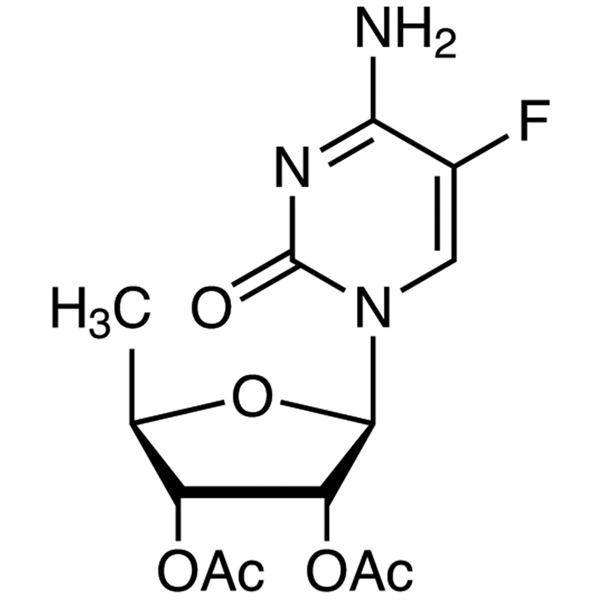2′,3′-Di-O-acetyl-5′-deoxy-5-fluorocytidine CAS 161599-46-8 Purity ≥99.0% Capecitabine Intermediate Factory
Commercial Supply Capecitabine Related Intermediates:
5-Fluorocytosine CAS: 2022-85-7
2',3'-Di-O-acetyl-5'-deoxy-5-fluorocytidine CAS: 161599-46-8
1,2,3-Tri-O-acetyl-5-deoxy-β-D-ribofuranose CAS: 62211-93-2
Capecitabine CAS: 154361-50-9
| Name | 2',3'-Di-O-acetyl-5'-deoxy-5-fluorocytidine |
| CAS Number | 161599-46-8 |
| CAT Number | RF-PI176 |
| Stock Status | In Stock, Production Scale Up to Tons |
| Molecular Formula | C13H16FN3O6 |
| Molecular Weight | 329.28 |
| Condition to Avoid | Heat Sensitive |
| Brand | Ruifu Chemical |
| Item | Specifications |
| Appearance | Whitish or Yellowish Crystalline Powder |
| Single Impurity | ≤0.50% |
| Total Impurities | ≤1.0% |
| Melting Point | 178.0~193.0℃ |
| Loss on Drying | ≤0.50% |
| Residue on Ignition | ≤0.10% |
| Moisture (K.F) | ≤1.0% |
| Assay | ≥99.0% |
| Purity / Analysis Method | ≥99.0% (HPLC) |
| Test Standard | Enterprise Standard |
| Usage | Intermediate of Capecitabine (CAS: 154361-50-9) |
Package: Bottle, Aluminum foil bag, Cardboard drum, 25kg/Drum, or according to customer's requirement.
Storage Condition: Store in sealed containers at cool and dry place; Protect from light, moisture and pest infestation.


Capecitabine (CAS: 154361-50-9) is a new form of oral fluorinated pyrimidine drug. Capecitabine was developed by Roche Pharmaceuticals, and its commercial name is Xeloda. Capecitabine can change in vivo into 5- FU, an anti-metabolizim fluorine pyrimidine deoxynucleoside carbamate drug that targets cancer cells to inhibit cell division and disrupt RNA and protein synthesis. Its effects are significantly tied to the level of TP enzyme expression in neoplastic tissue and to DPD enzyme in vivo expression. It is suitable as further treatment for advanced primary or metastatic breast cancer patients who have not responded to paclitaxel or anthracycline antibiotics. As an anticancer drug, it is mostly used to treat advanced primary or metastatic breast cancer, as well as in treatment for non-small cell lung cancer, pancreatic cancer, bladder cancer, rectal cancer, colon cancer, gastric cancer, and other solid tumors.
-
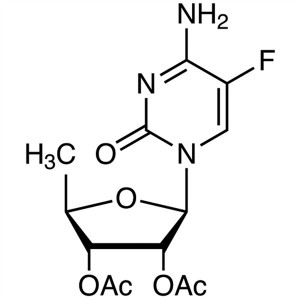
2′,3′-Di-O-acetyl-5′-deoxy-5-...
-
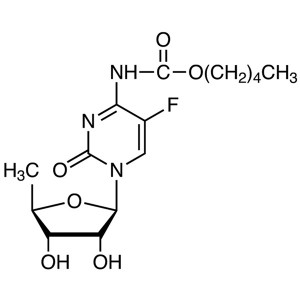
Capecitabine CAS 154361-50-9 Purity 98.0%~102.0...
-
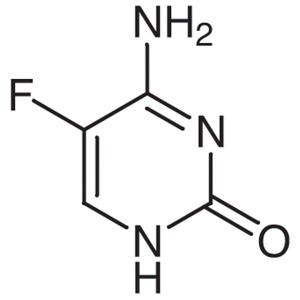
5-Fluorocytosine (5-FC) CAS 2022-85-7 Purity ≥9...
-
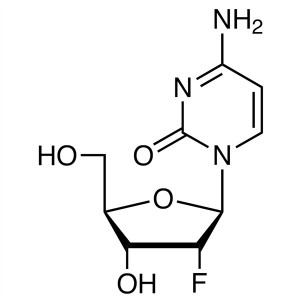
2′-Deoxy-2′-Fluorocytidine CAS 1021...
-
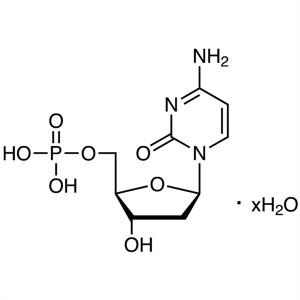
2′-Deoxycytidine 5′-Monophosphate H...
-
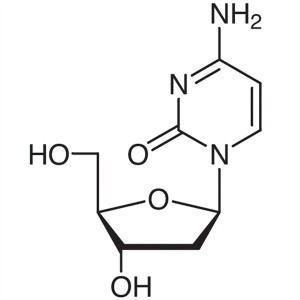
2′-Deoxycytidine CAS 951-77-9 Purity ≥99....
-
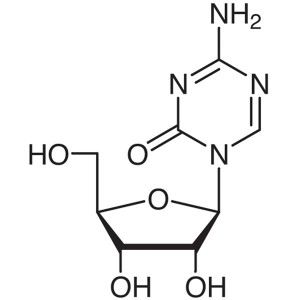
5-Azacytidine CAS 320-67-2 Purity: ≥99.0% (HPLC...
-
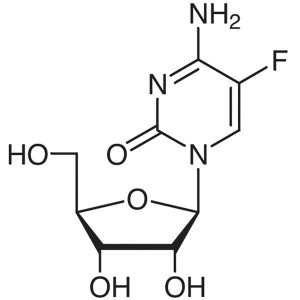
5-Fluorocytidine CAS 2341-22-2 Assay ≥98.0% (HPLC)
-
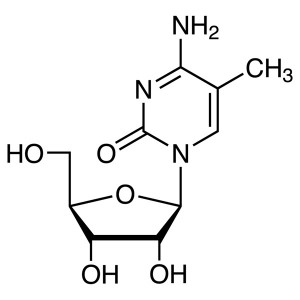
5-Methylcytidine CAS 2140-61-6 Purity ≥99.0% (H...
-
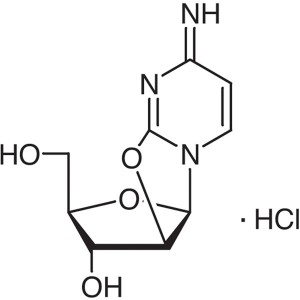
Cyclocytidine Hydrochloride CAS 10212-25-6 Puri...
-
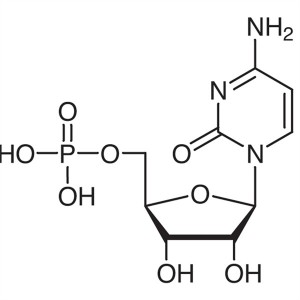
Cytidine 5′-Monophosphate (5′-CMP) ...
-
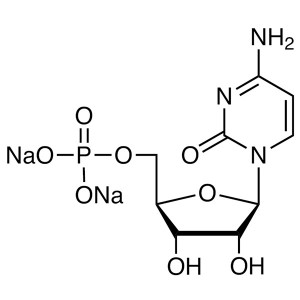
Cytidine 5′-Monophosphate Disodium Salt (...

